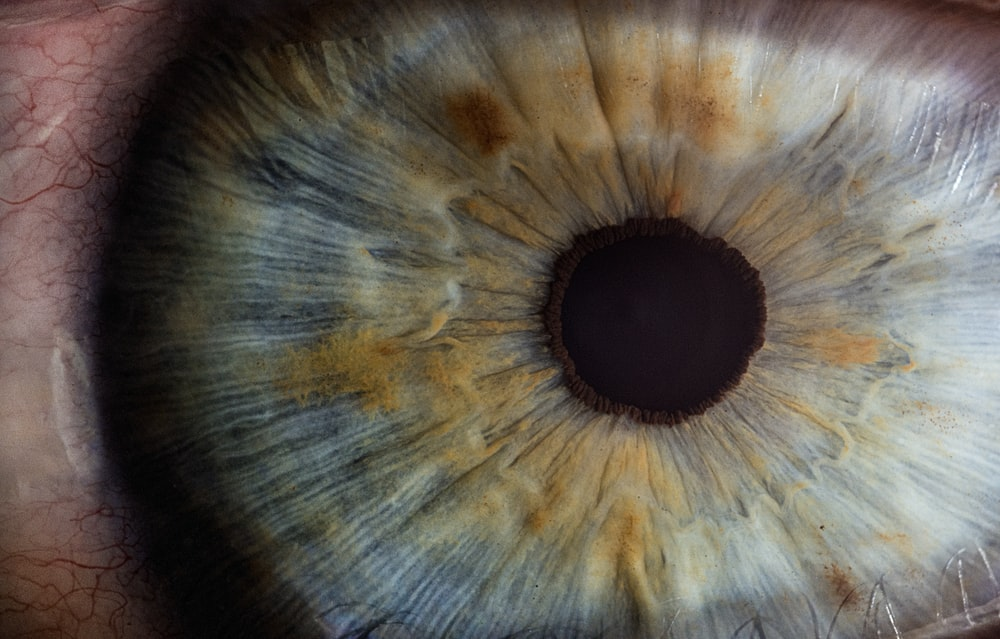Swimming and Eye Safety

Swimming in the summers is a common family activity. Kids love it, and adults get a good workout while beating the heat.
However, you and your family must be aware of eye safety before you jump in the pool or lake.
Hence, we have come up with swimming and eye safety to help protect your eyes from the irritants and dangers present in pools and bodies of water.
Swimming and Eye Safety
Here are a few things you should know about swimming and eye safety.
· Harmless Eye Irritants
You may not know this but pools are commonplace for eye irritants. If you ever felt irritation, stinging, or a burning sensation when you open your eyes in public pools, you have felt eye irritants. In pools, they are the result of chloramine, which is a common pool compound.
Chloramine is formed when chlorine reacts with contaminants in the water. These contaminants can be dirt, bacteria, oils, or even urine. While this may seem repulsive and unhygienic, chlorine is an excellent killer of contaminants and bacteria in pools so there is no need to worry.
Another cause of eye irritants in pools is the pH balance of the water. These eye irritants are not severely problematic and only cause temporary irritation. You can wear eye goggles to avoid these irritants altogether.
Just make sure they fit you and form a proper seal to protect your eyes.
· Do Not Wear Contacts Lenses Underwater
If you suffer from a refractive error like nearsightedness or farsightedness, options like prescription goggles or ophthalmic goggles are present to help you see better underwater.
However, it is never a good idea to wear your ophthalmic contacts or contact lenses underwater. While it may seem like a good idea to wear contacts under normal goggles, it is highly discouraged because it involves some severe risks.
Wearing contact lenses while swimming is like having Petri dishes on your eyes for microorganisms in water. While chlorine kills the most harmful contaminants and microorganisms in water, there are always a few that remain.
The remaining ones are not harmful on their own. However, if they find a warm, moist environment, they will gestate and multiply. Hence, your contacts that act like Petri dishes make the perfect environment for them to thrive.
Microorganisms like acanthamoeba are present in all bodies of water, and while they are not harmful on their own, they can do serious damage if you are wearing contacts underwater.
They lead to acanthamoeba keratitis, which damages your cornea severely and can even cause permanent visual impairment or blindness.
Moreover, contacts are not designed to be worn underwater; they may shrink and irritate.
Conclusion
A better option is to wear ophthalmic lenses (prescription glasses) in water instead. They will help you see better underwater and avoid damage to your cornea. However, you may end up losing them, so we advise you to wear them with a strap or fastener.
If you want to learn more about swimming and eye safety or the best ophthalmic lenses for yourself or your business, please visit our website today.




